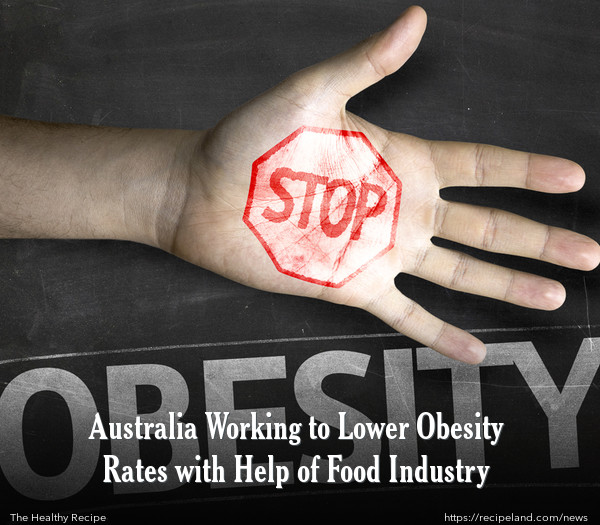Leading experts in Australia’s food industry debated whether or not to start plain packaging high calorie foods with dietary warning labels – much like the plain packaging of nicotine products.
National concern at the rising rates of obesity prompted this recent discussion at the 46th Annual Australian Institute of Food Science Technology (AIFST) in Brisbane.
Ultimately, this panel of experts decided that such packaging would be “inappropriate and likely to be ineffective” in curbing the growing waistlines of Aussies and Kiwis. They chose to focus on other possible solutions to lower obesity rates and help consumers make better dietary choices when shopping for food.
Instead of slapping warning labels on plain packaging for unhealthy foods, the panel encouraged the entire Australian food industry to focus on producing more nutritious foods.
The truth of the matter is that the more highly processed and inexpensive food products are, the less nutritious they are. High calorie, fatty processed foods can pose serious health risks including obesity, diabetes and heart disease.
Influencing the food industry to sell products with higher nutrient content gives consumers the option of choosing healthier foods. Meals that are richer in vitamins, minerals and unrefined grains are more filling. This leads to feeling satiated without overeating – which can be the primary of cause of obesity.
The panel also agreed that giving consumers more variety in their diets can also improve health and lower national obesity rates. Limiting carbohydrates to sugars and a minimum number of cereals and tubers is likely contributing to increasing obesity rates.
Educating the public about healthier food choices and cooking processes was also on the top of the agenda at the conference. Fast food and packaged meals are more common now than in past generations, and encouraging the public to cook nutritious homemade foods is surely one of the best ways to slim down waistlines and improve overall health.
Educating food industry professionals was also addressed. The panelists emphasized that university and culinary students should be taught about the ongoing, interrelated issues of food nutrition and obesity – since they will be the ones to help shape public policies and positive food behaviours in the future.
The only regulation of food products commended by the panel was the introduction of the “health star” labelling system shown on the front of the package. The health star label is a consumer-friendly way to promote more nutritious food choices, which should also influence companies to make and market healthier products.
While many factors contribute to obesity, the AIFST has sent a very clear message to Australia’s food industry – providing better food for consumers and clearly labelling nutrition values will help individuals make healthier choices for themselves and their families.
SOURCES: https://www.ausfoodnews.com.au/2013/07/22/australian-food-industry-experts-d…; https://www.aifst.asn.au/convention.htm; Image courtesy of Stuart Miles / FreeDigitalPhotos.net










Comments